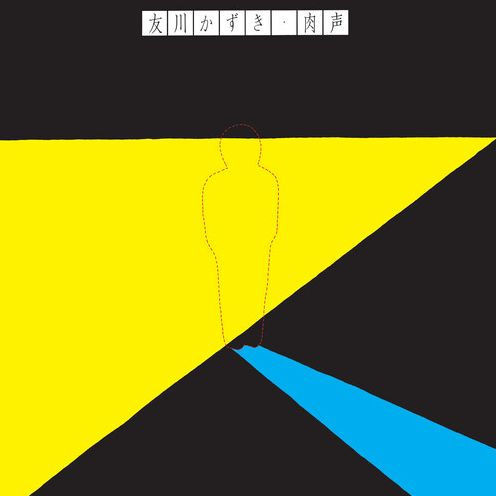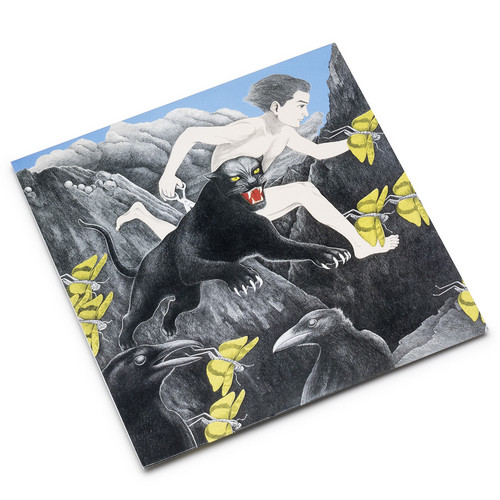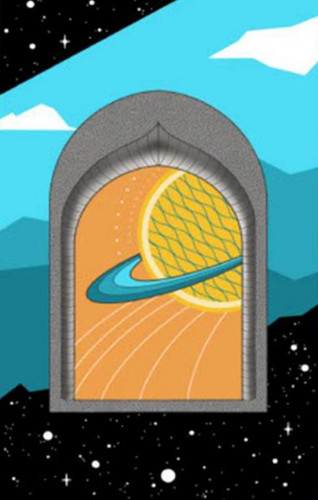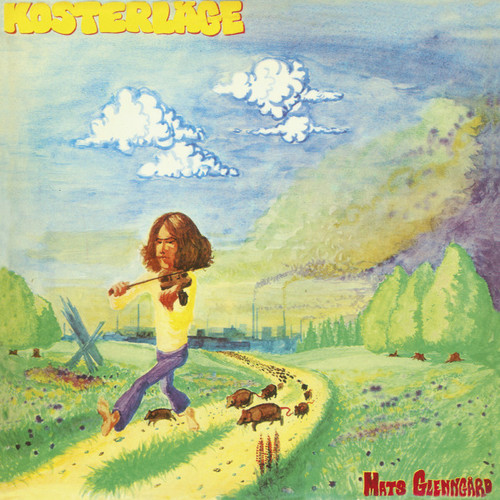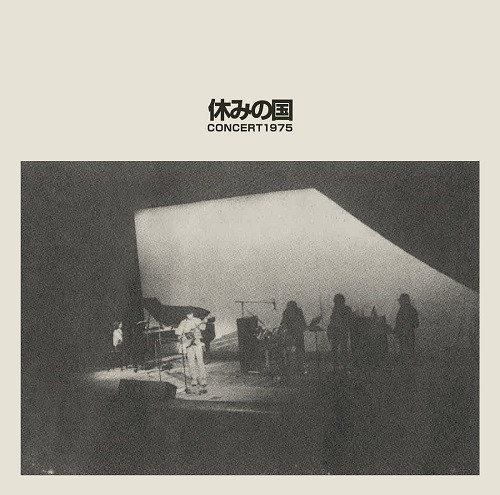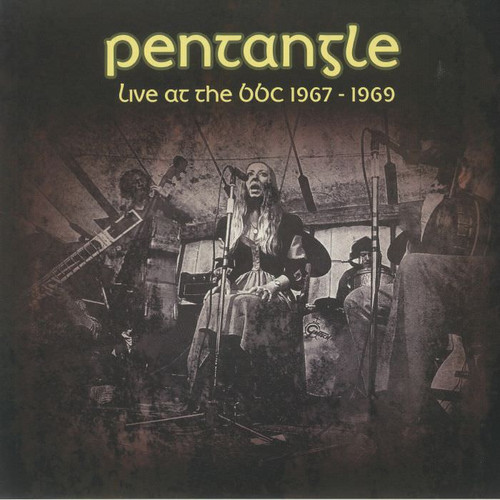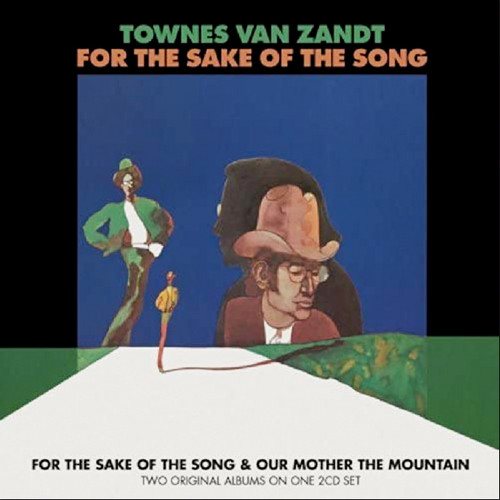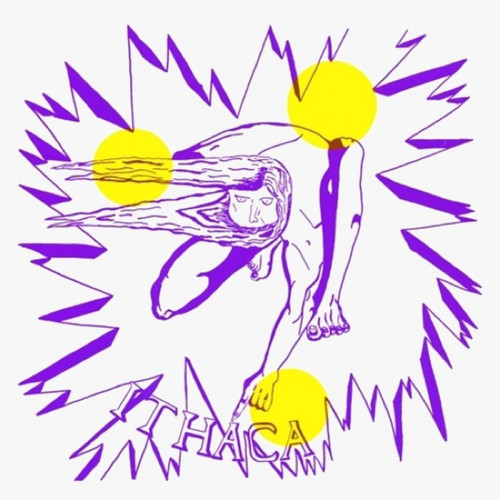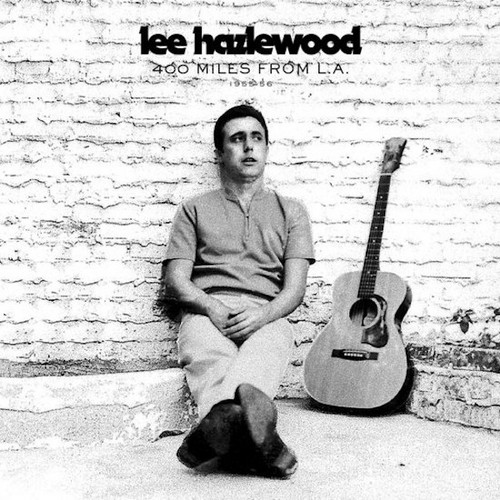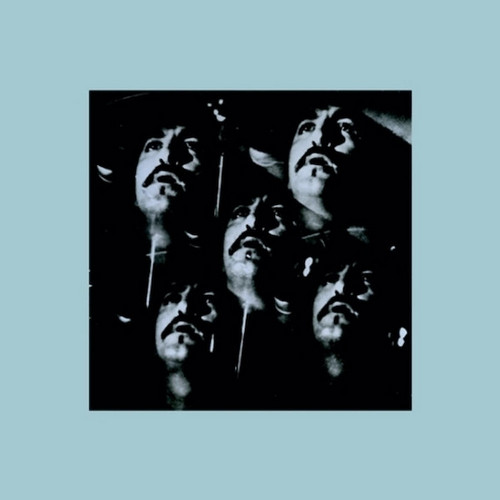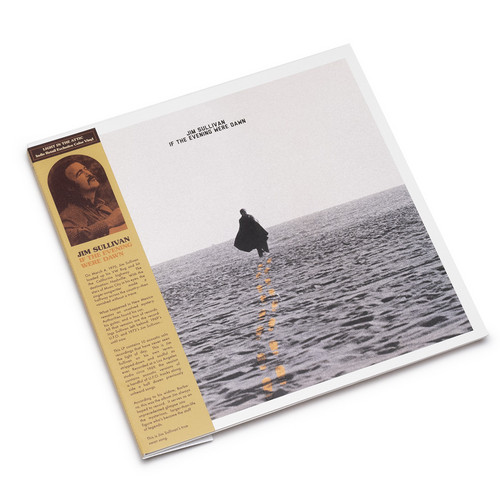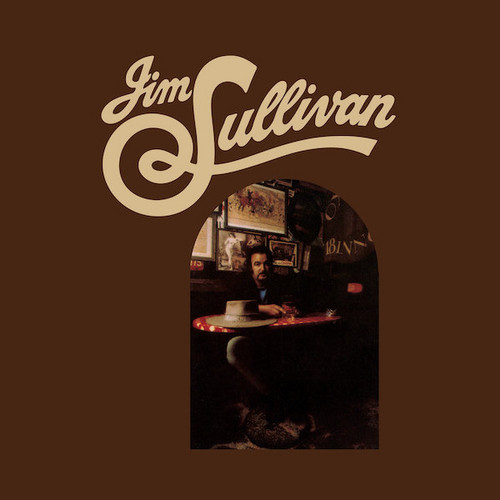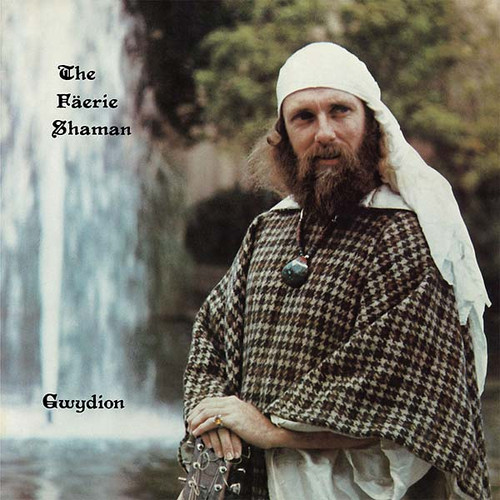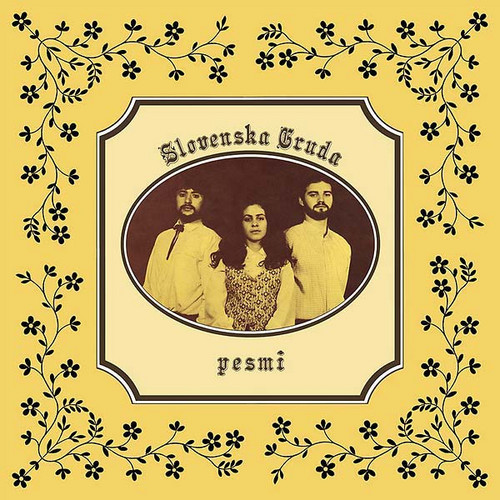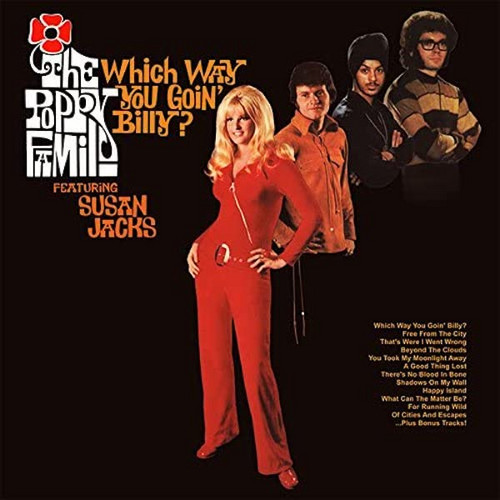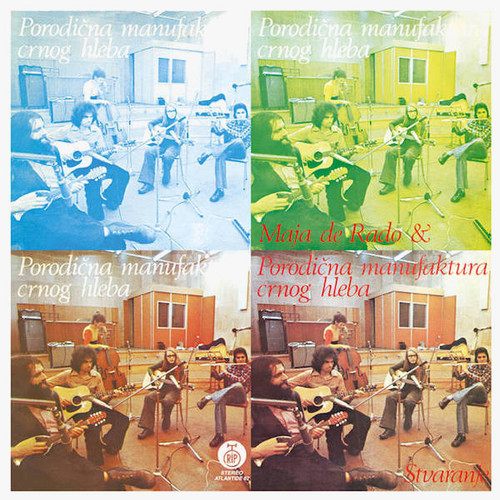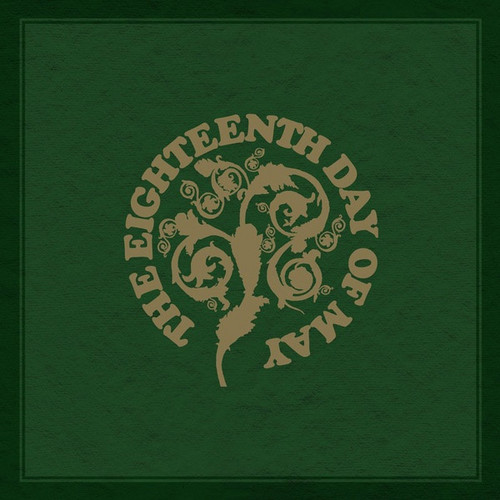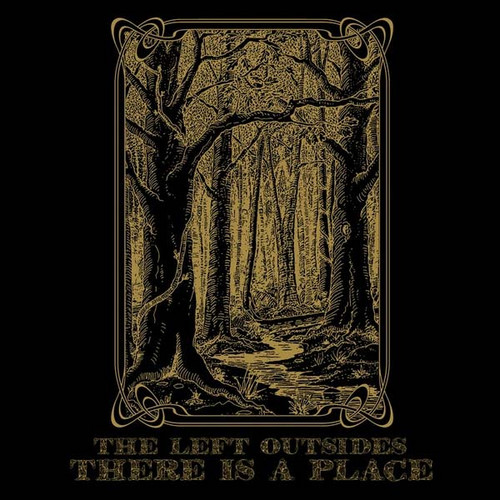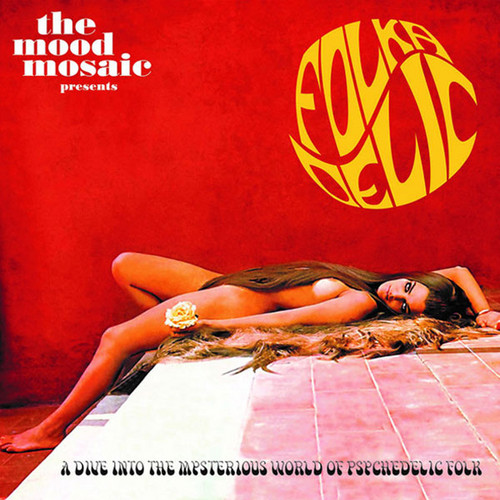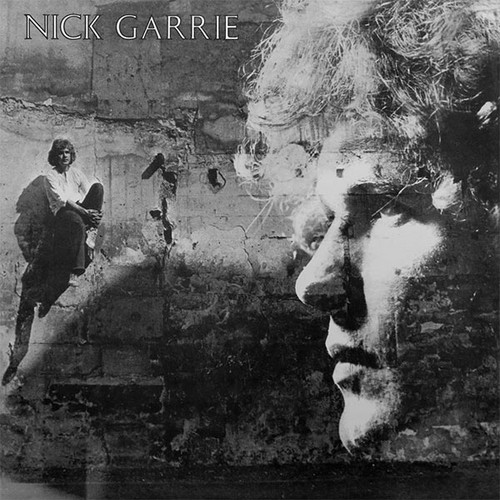Folk /
Straight from the Throat
Tip! In the 1970s, Kazuki Tomokawa catapulted into Tokyo’s avant-garde scene with his cathartic and utterly electrifying performances. Straight from the Throat, Tomokawa’s second album, released in July 1976 by Harvest Records, finds the musician in his truest form: as the “screaming philosopher” he would come to be called—cynical but fair, cheeky and melancholic, and looking at the world with truth-seeking eyes.
In Straight from the Throat, Tomokawa shrieks and shouts and wallows with ritualis…
A String of Paper Cranes Clenched between My Teeth
Tip! In a generation of musicians that came of age in postwar Japan, Kazuki Tomokawa stands as a pioneer of radical individualism, with a sound marked by shocking intimacy and blistering honesty. In his third album, A String of Paper Cranes Clenched between My Teeth, released by Harvest Records in 1977, Tomokawa creeps “ever more inward,” as Kiichi Takahara writes in the record’s original introductory text—embracing an attitude pervasive amongst musicians of the time who interrogated the prosaic…
Mesourania/Wendy's Wedding
* Edition of 70 copies * Compiling two EP's (Mesourania (2019) and Wendy's Wedding (2016) by Seirios Savvaidis (who also plays in The Dead Ends), one of Greece's best kept secrets. Some mind expanding songs that reflect deep knowledge of traditional Greek music by way of sixties and seventies pychedelia and cosmic folk troubadours. Savvaidis's relaxed Greek vocals make you float all the way up Mount Paggaio.
Kosterläge
*2022 stock* First ever vinyl reissue of rare and sought after Swedish psychedelic / progressive / folk underground treasures from the early 1970s. From Swedish folk to epic full tilt fuzz guitar jams it’s all in here. Originally released in 1972 on the obscure Swedish Gump label with many talented musicians of the time on board. Led by Mats Glenngård on guitar and fiddle, the album shows an interesting musical transition period before he joined the legendary Kebnekajse. One time only limited pr…
Concert 1975
Yasumi No Kuni, long-running Japanese folk group, originally formed in 1969 by the members of Jacks & Teruyuki Takahashi, recorded live just after Fy Fan second album.
Live At The BBC 1967-1969
A series of live performances, broadcast and BBC session for one the most influential british folk bands. The high profile names of John Renbourn and Bert Jansch remain coveted enough to warrant excitement at any retrospective release, but combined with the talent of bass player Danny Thompson, vocalist Jacqui McShee and drummer extraordinaire Terry Cox be sure to have a delightful insight. Pentangle's legacy lies in an abundance of fragile, acoustic wonder spanning six albums with Transatlantic…
For The Sake Of The Song & Our Mother The Mountain
**2021 stock** Reissue of Van Zandt's first two albums in a 5" hardbook bound double disc set. "Townes Van Zandt was a one-of-a-kind artist who blazed a new trail for singer/songwriters, conjuring a sound that combined elements of country and folk with his own artful melodic sensibility, matched with lyrics that were personal, poetic, and impressionistic while remaining firmly down to earth. A new breed of Texas singer/songwriters followed Van Zandt's example, and it's all but impossible to imag…
A Game For All Who Know
* 2021 Stock* Fabulous grooving folk rock sounds with plenty of atmosphere, first released by the much beloved Village Thing label in 1972. Ian Hunt and John Turner first teamed-up in the late summer of 1970, the inevitable collaboration of two of the West Country’s most sought-after session musicians. String bassist and guitarist Turner had just left the infamous Pigsty Hill Light Orchestra and Hunt, a wizard guitarist and song writer who was already a ‘big-name’ on the Bristol scene, was looki…
400 Miles from L.A. 1955-56
*2020 stock * Phoenix, Arizona 1955…a twenty-five year old disc jockey and fledgling songwriter, Lee Hazlewood, is trying to break into the music industry. He takes Greyhound bus trips to Los Angeles to pitch songs, only to be rejected each time. Undeterred, Lee starts a record label called Viv Records. Running the label out of his house, Lee finds the artists, writes the songs, produces the sessions, arranges the pressings of the records and handles distribution. Recently discovered tapes in th…
U.F.O.
*2020 stock* In March 1975, Jim Sullivan mysteriously disappeared outside Santa Rosa, New Mexico. His VW bug was found abandoned, his motel room untouched. Some think he got lost in the desert. Some think he fell foul of a local family with alleged mafia ties. Some think he was abducted by aliens.
By coincidence – or perhaps not – Jim’s 1969 debut album was titled U.F.O. Released in tiny numbers on a private label, it too was truly lost, until Seattle’s Light In The Attic Records begun a years-l…
If The Evening Were Dawn
*2020 stock* On March 4, 1975, Jim Sullivan mysteriously disappeared outside Santa Rosa, New Mexico. His VW bug was found abandoned, his motel room untouched. Some think he got lost. Some think the mafia bumped him. Some even think he was abducted by aliens.
By coincidence–or perhaps not–Jim’s 1969 debut album was titled U.F.O. Released in tiny numbers on a private label, it too was truly lost until Light In The Attic Records began a years-long quest to re-release it–and to solve the mystery of …
Jim Sullivan
*2020 stock* On March 4, 1975, Jim Sullivan mysteriously disappeared outside Santa Rosa, New Mexico. His VW bug was found abandoned, his motel room untouched. Some think he got lost. Some think the mafia bumped him. Some even think he was abducted by aliens.
By coincidence–or perhaps not–Jim’s 1969 debut album was titled U.F.O. Released in tiny numbers on a private label, it too was truly lost until Light In The Attic Records began a years-long quest to re-release it–and to solve the mystery of …
The Faerie Shaman
Gwydion Pendderwen was one of the more chatoyant figures of the folk music underground. Both of his albums -- Sings Songs for the Old Religion (1975) and The Fäerie Shaman (1982) -- were far above the average standard folk of his time, especially on his second album from 1982, reissued here for the first time. The Neo-Pagan and environmentalist tried a different path seven years after his haunting debut album, mixing bluegrass, country, gospel, and dixie into classic folky singer/songwriter tune…
Pesmi
Originally released in 1983 in former Yugoslavia, this album is a truly undiscovered gem of ethereal folk music. Pesmi combines the old traditional melodies of Eastern Europe and the Balkan States area with the lush and enchanting instrumentation of late '60s and early '70s folk with elements of progressive folk and singer/songwriter music from England and the USA. This results in a highly-mystifying and still easily folksy piece of exclusively acoustically instrumented music with haunting femal…
Which Way You Goin' Billy?
Which Way You Goin' Billy?, released in 1969, was the first album from Vancouver, British Columbia band The Poppy Family. The Poppy Family were the Canadian duo of Terry and Susan Jacks, who were husband and wife at the time. Terry Jacks, who four years later would release the ubiquitous "Seasons in the Sun," wrote the song whilst Susan sang lead. Terry was a big Buddy Holly fan, and started writing the song in his pre-Poppy days with the working title "Which Way You Goin' Buddy?" He had the mel…
Stvaranje
The title of this album - originally released in 1974 - means “The creation” and Serbian singer Maja De Rado together with her band create a very dreamy and colorful kind of music that merges different pop styles of their time with a folky approach. This album could have easily emerged from the late 1960s West Coast scene of the USA except for having lyrics in the musicians’ native tongue. The lush instrumentation with organs, flutes, acoustic guitars builds a multi layered fruitful soil on whic…
The Eighteenth Day of May
The Eighteenth Day of May were a six-piece, London based group. Originally formed as an acoustic trio consisting of American Alison Brice (vocals, flute), Swede Richard Olson (acoustic guitar, harmonica, sitar), and Ben Phillipson (guitar, mandolin), they combined elements of traditional and contemporary folk with a psychedelic jangle. They spent the summer and autumn of 2003 bonding over Fairport Convention, The Incredible String Band, Steeleye Span, Sandy Denny, and Trees all blending in with …
There Is a Place
**300 copies** "A new reissue of this masterpiece by The Left Outsides, originally issued on cassette in 2015, then first put to vinyl in 2017, as the long-format follow-up to the classic The Shape of Things to Come LP. The current edition is demarcated by a glossy cover and metallic gold printing. Its music remains as timeless a gust of dark autumnal wind as any you'll ever hear. Some of the music here was written as part of the soundtrack to Gus Alavrez's 2009 noir-pastoral short, Stand and De…
Folkadelic Volume One
From the curators of the Mood Mosaic series, here comes a new collection of tracks that gave rise to the Psychedelic Folk scene in the late '60s. It contains 17 seminal tracks collected together for the first time. For lovers of Devendra Banhart, Espers, and Animal Collective among others.Tracklist:1 - Rena Sinakin - Make Music2 - Linda Perhacs - Moon and Cattails3 - Injun Joe - Indian Priest4 - Breakout - Warm Up My Lips5 - Terry Brooks & Strange - High Flyer6 - Synanthesia - The Tale of the Sp…
The Nightmare of J.B. Stanislas
"Occasionally, a work of art falls into your hands with such a bizarre backstory, you just have to run with it. The implausible origins of Nick Garrie’s folk-pop album The Nightmare of J.B. Stanislas require just such a leap of faith. The Englishman recorded his masterpiece in France at the tender age of nineteen. The year was 1968 and Garrie felt ill at ease with the lavish arrangements accompanying his songs (beautiful as they may sound to our ears today). Worse still, the label owner committe…
